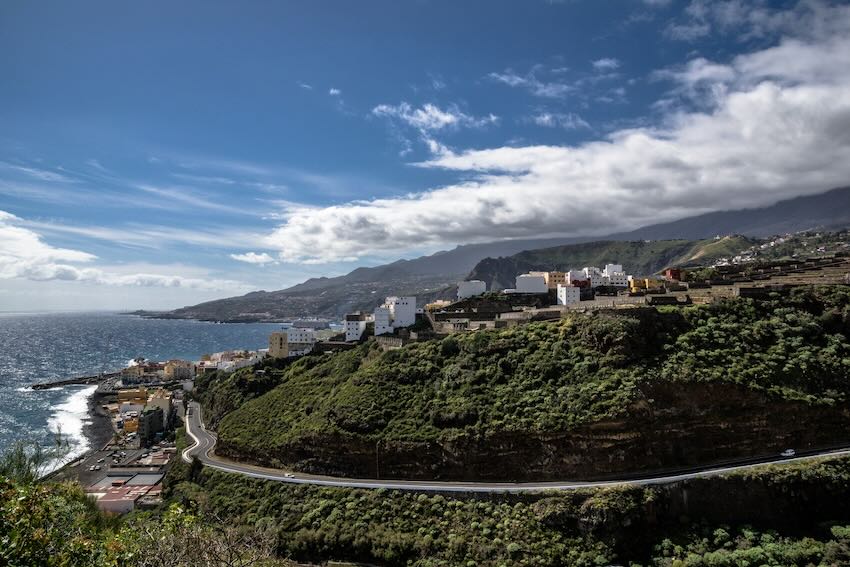
SPAIN: Thousands of people took to the streets of Tenerife’s capital, Santa Cruz at the end of last week to protest against mass tourism in the Canary Islands.
The tourism industry accounts for 35 per cent of gross domestic product (GDP) in the archipelago, which is home to 2.2 million people.
The islands were visited by nearly 14 million foreign tourists in 2023, an increase of 13 per cent from the previous year, according to official data.
Local people are concerned about the rising cost of rental accommodation and over tourism damaging the natural resources of the islands. They were not complaining about tourism, only the mis-management of travel and tourism on the islands.
Protesters were seen holding placards which read “Tourist – respect my land!” and “Canaries have a limit!”
One protester told Reuters during the march in Tenerife’s capital, Santa Cruz de Tenerife: “It’s not a message against the tourist, but against a tourism model that doesn’t benefit this land and needs to be changed.”
The Turismo de Islas Canarias was the only Spanish destination to attend COP28 noting on its website that it went “to explain our road map that’s already in place and aims to reduce the carbon footprint of the Canary Islands tourism sector.”
The organisation also offers a free digital tool – Journey to Decarbonisation – for Canary Islands’ tourism companies to measure and reduce their emissions. It has a Sustainability Office to provide specialist advice and answer queries about the tool with training sessions available on environmental sustainability and the use of the tool, mainly for SMEs that have never measured their carbon footprint.
The Turismo de Islas Canarias said at the time of COP28: “We learned about the experience of tourism companies that are successfully reducing their carbon emissions, including a cruise company that operates in the Canary Islands and is aiming to have its first Net Zero ship by 2030, hotels designed to achieve climate neutrality right from their construction, and the artificial intelligence app for reducing food waste in tourism that’s already in place in the Islands.”
Turismo de Islas Canarias says on its website: “In addition to being the only Spanish tourism destination present at the 28th United Nations Climate Change Conference (COP28), the Canary Islands are also the only Spanish region with a Climate Action Plan in place to reduce CO2 emissions in compliance with the Glasgow Declaration.”
The last few days, however, have shown that while there may be strategies in place, at the moment the sheer amount of tourists is impacting on people who live on the islands.
Other European countries have also not held back about their feelings on over tourism in recent times. Amsterdam has a rich history of prioritising environmental conservation and sustainable practices, and last year it made the first steps to banning cruise ships from stopping in the city in order to further reduce mass tourism.
In another move to stop “over tourism”, and to attract a different type of visitor, the tourist board also launched a “stay away” campaign in March, which was initially aimed at UK men aged 18-35 years. The suggestion was they shouldn’t come if all they wanted to do was “go wild”.

